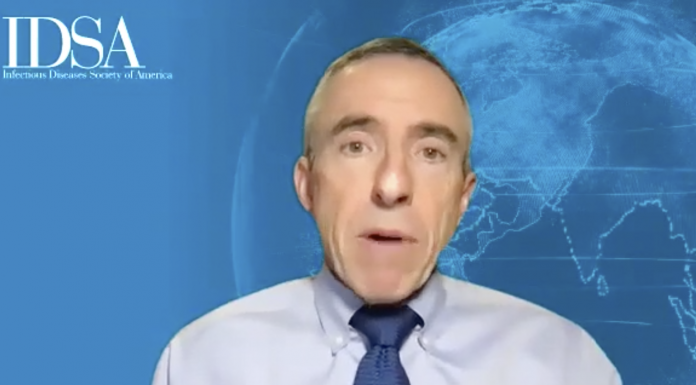ABC NEWS – Despite more than 187 million Americans being fully vaccinated against COVID-19 and data and attestations from researchers and public health officials that the vaccines are safe an effective, a small and in some cases vocal minority of Americans are reluctant to get the shot.
The reasons vary, but a number of those people are instead turning to treatments after they are diagnosed that have far less evidence to support their safety and effectiveness, including monoclonal antibodies — a trend that experts say is worrying.
Currently, over 1 million doses of monoclonal antibody infusions have been given in the United States.
Use of monoclonal antibodies gained steam during the delta variant surge over the summer when Florida and other states opened clinics to administer the drugs in an attempt to keep sick people out of overwhelmed hospitals.
Monoclonal antibodies have been authorized for post-exposure prophylaxis, meaning they are used shortly after someone tests positive in order to prevent progression to severe disease.
Monoclonal antibody infusions “are no substitute for cheap and effective prevention tools like masks and vaccines.”
What to know about monoclonal antibodies
The FDA has granted emergency authorization status to four antibody treatments for COVID-19. These antibody treatments are most helpful in mild to moderate disease. Not all antibody treatments are equally effective, and some have lost their potency in the face of new COVID-19 variants.
According to the FDA, monoclonal antibodies are laboratory-made proteins designed to mimic the immune system’s ability to fight disease particles known as antigens. For example, sotrovimab is a monoclonal antibody that prevents COVID-19 infection by blocking the virus’ spike protein.
The data supporting these antibodies is much more limited than the extensive data supporting currently approved and authorized vaccines.
Other COVID treatments under EUA include tocilizumab, a monoclonal antibody that is not directed toward the virus but instead reduces inflammation in already hospitalized patients. Remdesivir, an anti-viral, is FDA approved for hospitalized patients over 12 but under EUA for kids less than 12.
All of these treatments require an infusion and a trip to a medical center. Now, pharmaceutical companies are also working on easy-to-prescribe pills that can ease symptoms for people who are already sick, but doctors stress these are also not a replacement for a vaccine that can help prevent disease in the first place …



